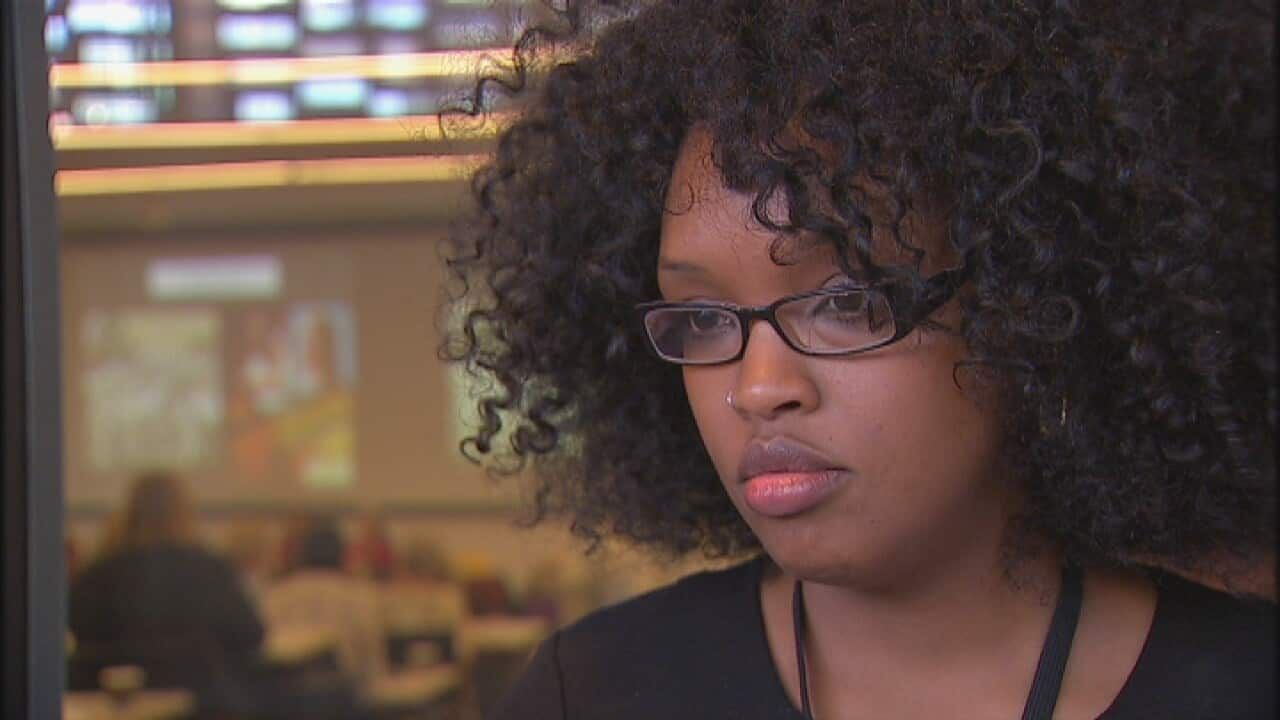Nimco Ali never planned to be an activist.
The British-Somalian is a survivor of female genital mutilation, or FGM.
Subjected to the practice as a child, she now advocates against the procedure, using her experience to highlight the need for education and laws to protect those who may be at risk.
"It's not something that defines you. It's something that happened to you," she told a women's conference in Sydney on Monday.
The transformation from victim to survivor was one she had to go through before eventually becoming an advocate for the elimination of the practice.
"I was just kind of a rebel from the time I had FGM at the age of seven. But ultimately it was in my mid-20s when I came across some young women who shouldn't have been cut that had been cut. And I knew that my silence was very complicit around the whole misunderstanding against FGM."
FGM procedures include the total or partial removal of the external female genitalia - as well as other non-medical injuries to the female genital organs, and is practiced in 29 countries, mainly in Africa and the Middle East.
"I started the organisation called Daughters of Eve in 2010 to change the conversation around FGM from victim to survivor," she told SBS.
According to UNICEF with around 30 million more girls are at risk in the next decade.
The organisation No FGM Australia estimates 83,000 women currently living in Australia have survived the practice.
FGM is a criminal offence in all states and territories and it is also illegal to remove a child from Australia for the purposes of FGM.
In 2013, the Federal Attorney-General carried out a review of the legislation in each state with recommendations for consistent penalties across the country.
Penalties vary from seven years prison in some jurisdictions up to 21 years in others.
And a Supreme Court trial in Australia is drawing attention to the issue.
It has alleged two sisters had genital mutilation performed on them by their mother and a nurse in 2009 and 2012.
"I think it's really important to have a prosecution partly to raise awareness but also for people to recognise that this is a crime, it is child abuse," said Nimco Ali.
She also says there have been improvements, with UNICEF finding that the practice is decreasing in some countries.
"In places like Kenya the percentage is dropping, in Gambia it's dropping, in Somalia. It's dropping in certain places, but it's not as fast as it should be."
Until then, the campaign to raise awareness and education about the practice and its effects continues.

